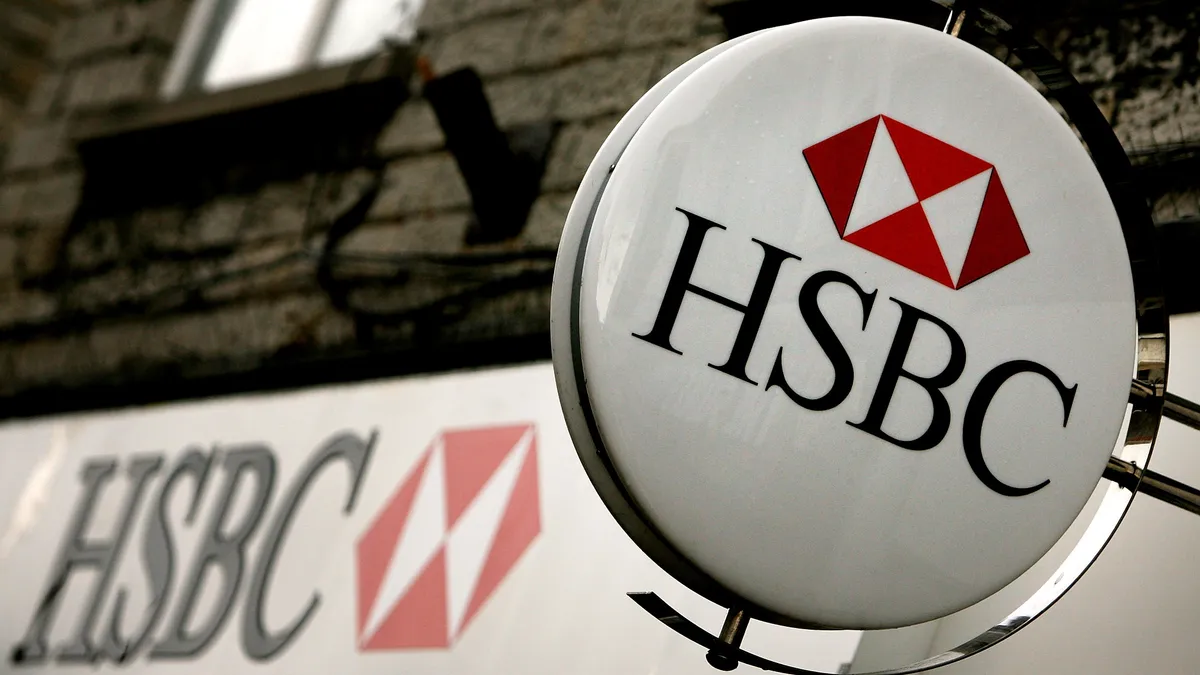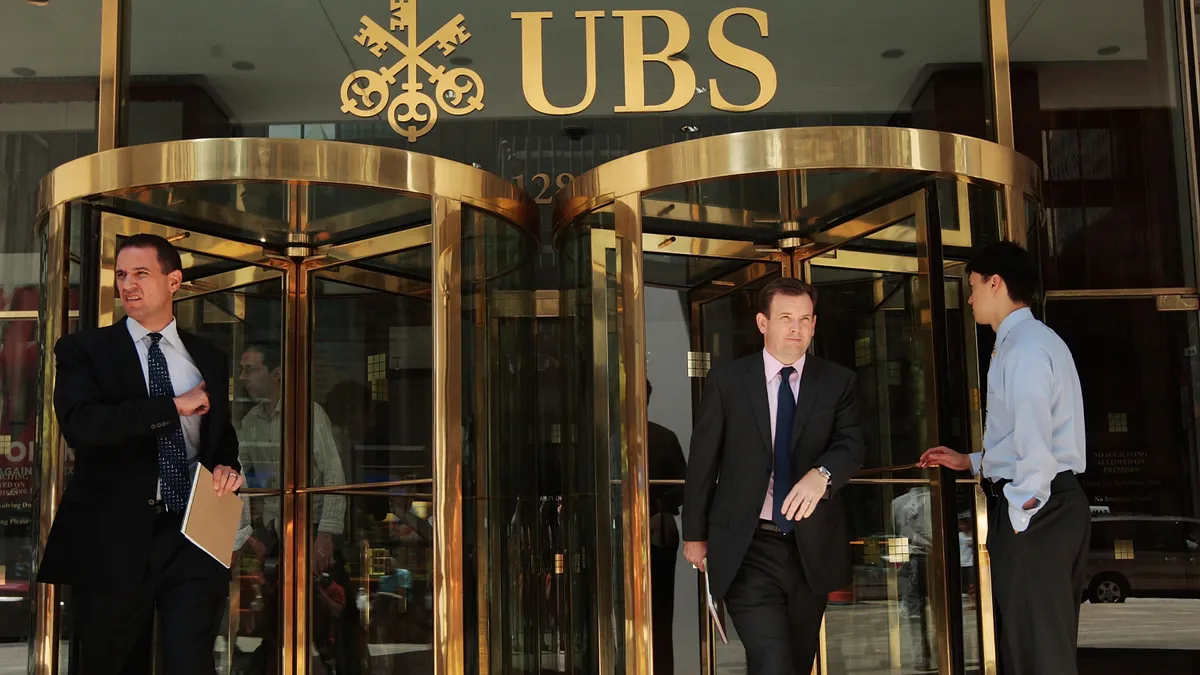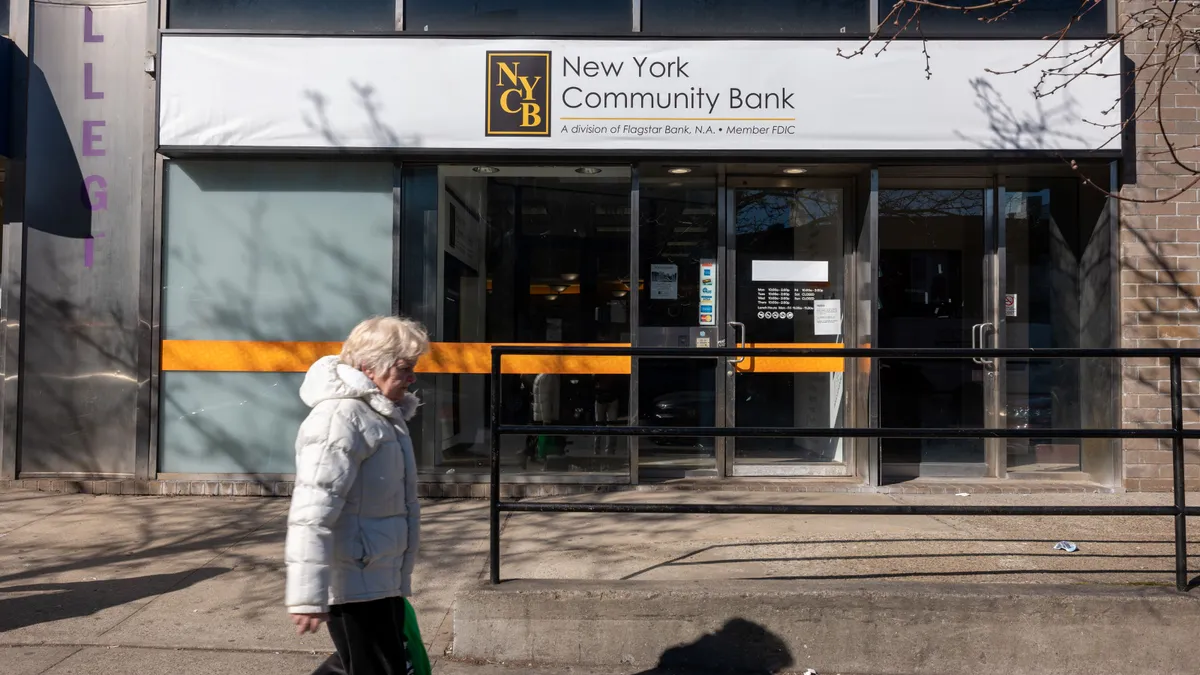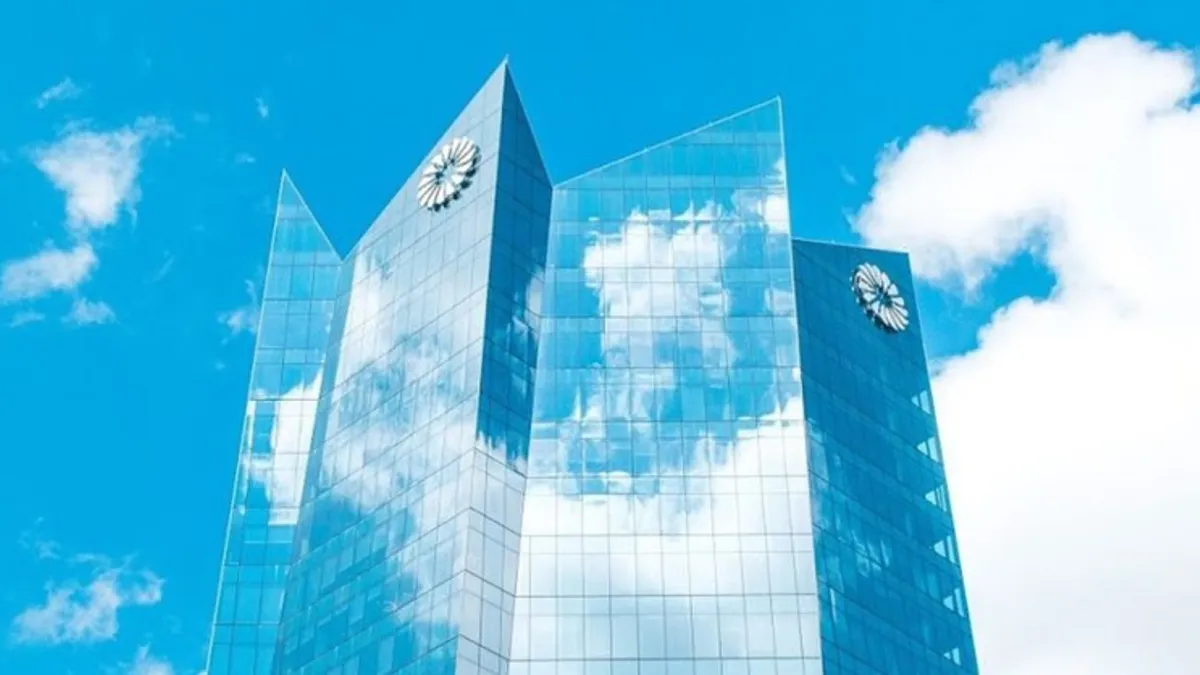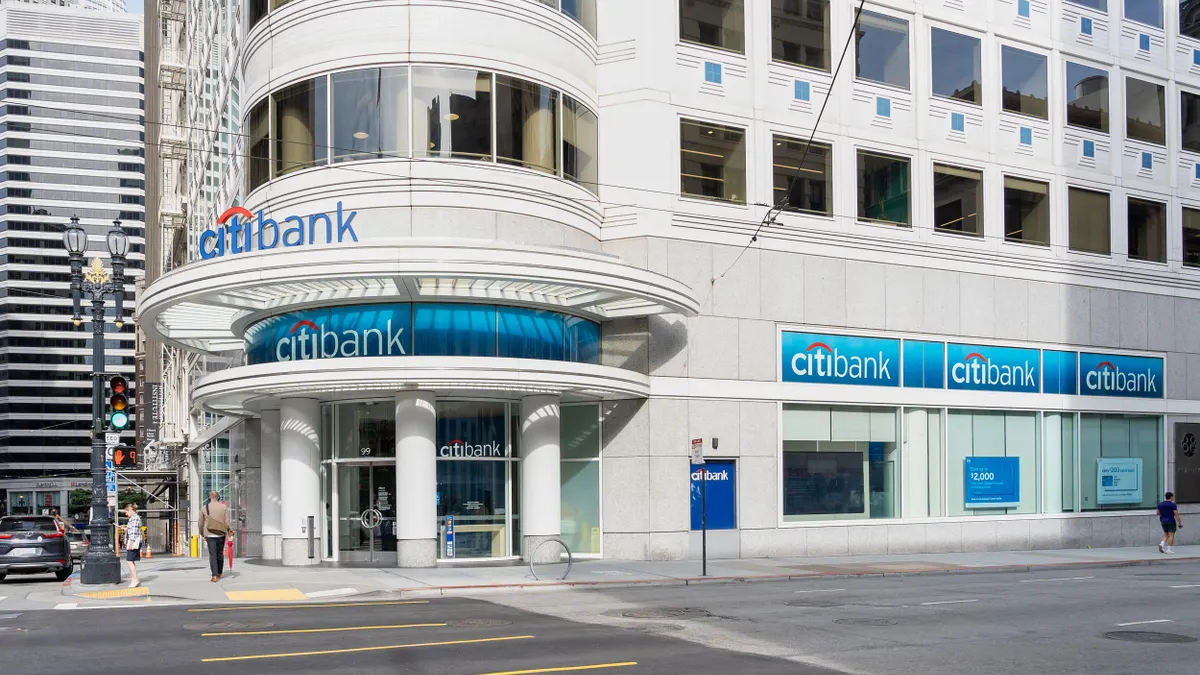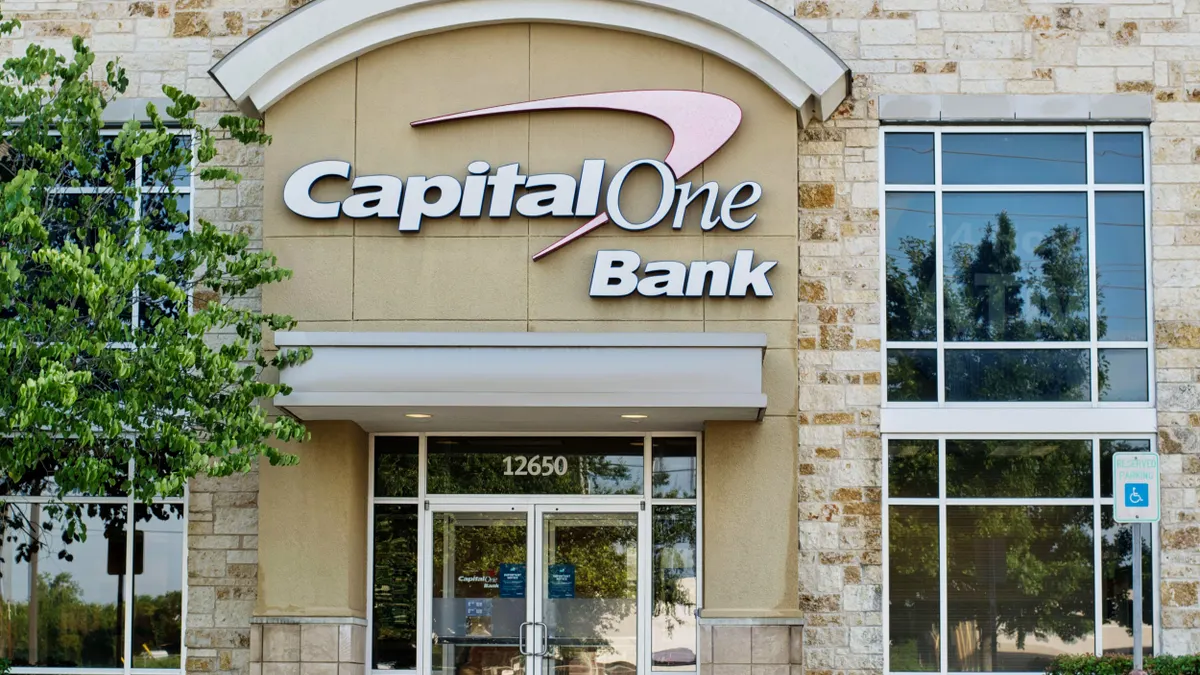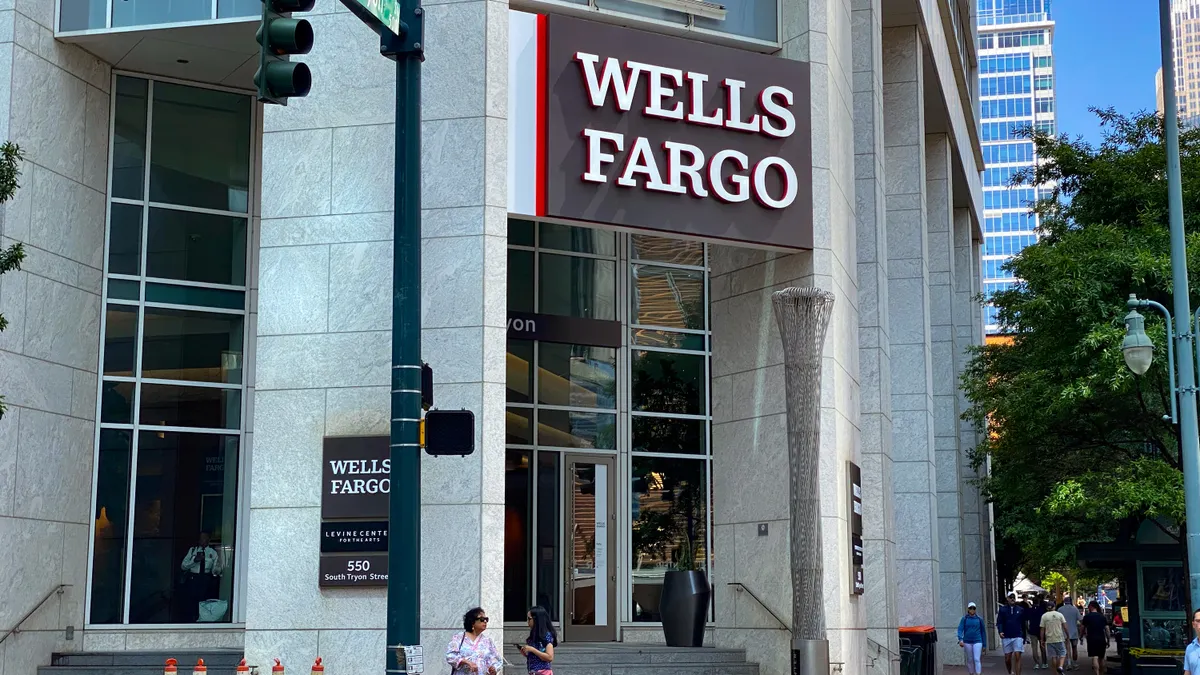HSBC on Tuesday raised its dividend to 32 cents per share — from 25 cents — making its highest payout in four years.
Beyond that, the bank said it would consider paying a special dividend of 21 cents per share next year after completing the $10 billion sale of its Canadian unit to Royal Bank of Canada.
“Our first and priority use of some of those buyback proceeds will be a … special dividend,” CEO Noel Quinn told Bloomberg. “As we close the transaction, we’ll make a decision on how much additional distribution we do via buyback and how much we retain for internal use.”
The question these days, whenever HSBC reports earnings, is: How much of it is theater for an audience of one? The “one” is Ping An, the Chinese insurer that owns an 8% stake in HSBC and has urged the bank repeatedly to split its Western and Asian operations.
Quinn told the Financial Times on Tuesday he would meet with Ping An in the next few weeks. But several of Quinn’s comments — not to mention data points among HSBC’s earnings — portray a bank set on striking a balance between its coverage areas and resisting breakup calls.
“My primary focus is improving the performance of the bank,” Quinn told the Financial Times. “Alternative structural options ... would have a material negative impact.”
HSBC’s fourth-quarter pre-tax profits nearly doubled from a year earlier — to $5.2 billion, the bank reported Tuesday.
Additionally, the bank’s net interest income jumped 53% in the fourth quarter to $9.6 billion to reach $32.6 billion for 2022, up from $26 billion for 2021, according to the Financial Times.
Theading a needle
The news wasn’t all rosy. The bank's expected credit losses nearly tripled to $1.4 billion over the quarter — up from $500 million during the same span in 2021. About $600 million of that was meant to cover potential losses from commercial real estate in mainland China, where the bank has $16.8 billion in exposure.
Meanwhile, Quinn cited a shift in the breakdown of the bank’s profits — namely, that Asia accounted for less than 60% of the bank’s adjusted pretax profits in 2022, compared with nearly 86% in 2019. Meanwhile, Europe, the Middle East and North Africa in 2022 generated 27.5% in 2022, compared with 5.5% three years earlier.
“The world is re-globalizing,” Quinn told the Financial Times. “Customers are demanding more international banking services, not less.”
For its part, Ping An has said tensions — particularly between the U.S. and China — make HSBC’s global focus more challenging.
As if threading a needle, Quinn said HSBC is placing renewed focus on Asia — though not in the market observers might expect. The bank said it is building up its Indian unit with the aim this year of opening an onshore private banking service for the country’s wealthiest clients.
“We keep looking at potential bolt-ons to enhance particularly our wealth business in Asia,” Quinn told the Financial Times. “Nothing imminent, but we keep looking and if we see the right opportunity, we’ve got the capacity to do it.”
A loss here, a loss there
That’s not to say the bank’s European operations weren’t problematic, too. An impairment of $2.4 billion last year — connected to the sale of HSBC’s French retail-banking had a hand in pushing the bank’s annual profit to $17.5 billion — $1.4 billion below 2021’s $18.9 billion.
The bank on Tuesday also reported it would take a $300 million loss on the expected sale of its Russia business to Expobank. HSBC said it still expects the transaction to close during the first half of this year, but that it is still pending regulatory approval.
Quinn also said HSBC is in the “final stages” of a deal with regulators over the misuse of messaging platforms such as WhatsApp to conduct official business, according to Bloomberg. “We’ve reached an agreement,” Quinn told the wire service. “We’ve not disclosed yet the final settlement.”
The bank first warned investors in last year’s annual report of an investigation by the Commodity Futures Trading Commission “regarding interest rate swap transactions related to bond issuances, among other things, as well as the use of non-HSBC approved messaging platforms for business communications.”
“I don’t think it’s specific, I think it’s general across all financial institutions,” Quinn said in February 2022.
The CFTC and Securities and Exchange Commission penalized 11 banks a combined $1.8 billion in October. Most banks of HSBC’s size took a hit of $200 million in the probe.
‘No easing off’
Last, HSBC on Tuesday also left observers a reminder that it isn’t quite done with the cost-cutting effort it launched three years ago.
"We are now considering up to $300 million of additional costs for severance in 2023," Quinn said, according to Reuters. “There will be no easing off at all on costs.”
HSBC cut its bonus pool of investment bankers by roughly 4% in 2022, according to Reuters. Quinn’s pay, however, jumped 14% in 2022, to £5.6 million ($6.7 million), the wire service reported.



